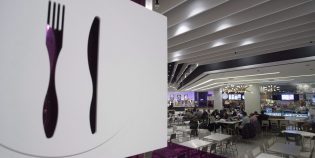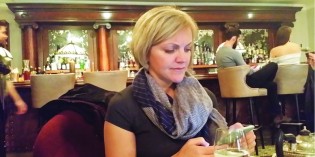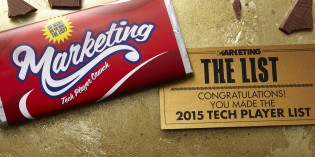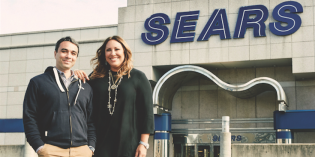 Lee Min-ho is likely unknown to most Canadians but in his native Korea he’s a massive star. A popular actor in several Korean dramas, Min-ho also has massive sway over consumers and has been the spokesperson for over 30 products, including Dunkin Donuts, Pepsi and LG.
Lee Min-ho is likely unknown to most Canadians but in his native Korea he’s a massive star. A popular actor in several Korean dramas, Min-ho also has massive sway over consumers and has been the spokesperson for over 30 products, including Dunkin Donuts, Pepsi and LG.
Hoping to capitalize on Min-ho’s popularity amongst Asian Americans, Toyota’s American marketing team tapped the celebrity to appear in a web series, The One & Only. It launched last fall to promote the 2012 Toyota Camry.
Speaking Tuesday at Marketing’s multicultural conference in Toronto where he presented a case study of the campaign, Jon Yokogawa, vice-president of consumer engagement at Long Beach, Calif.-based interTrend Communications, the agency behind the series, said the The One & Only was successful in winning over consumers from its three key markets: Chinese, Vietnamese and Korean immigrants living in America.
Yokogawa explained the Asian market is key to Toyota’s success in the U.S. “Across the board, they have the highest percentage of [Toyota] sales, though they only represent 5% or 6% of the population. It’s an ROI game. If we spend on this market, we’ll get it back.”
Through its market research Toyota discovered the Asian community in the U.S. considered the Camry a “smart buy” – a positive attribute – at least until Toyota revamped the shell of the car in its 2012 model with a look Asian consumers deemed too sexy. Yokogawa said the research showed that Asian consumers were worried the slick new body of the car might not be as durable and high quality as previous Camry models.
To remedy that perception, Toyota and interTrend paired this with another insight – the idea that Asians find smart to be sexy. The handsome, slender Min-ho was their solution. Instead of a buff American action star, the brand selected a celebrity the Asian demographic sees as both sexy and smart, the dual attributes it wants associated with the Camry brand.
In the series, Min-ho’s character awakes from a coma with no idea who or where he is and has to reconstruct his memories with the help of his Toyota Camry. Doing double duty, Min-Ho also appeared as his own evil twin brother in The One & Only.
Season 1, Episode 1 of The One & Only
Toyota supported the series with print ads in major Asian newspapers and magazines, OOH ads and unpaid media. It also created a microsite in English, Korean and Chinese that showed off the car’s features and provided background information about the characters as well as bonus content. It also created a video game it paired with the show that currently has 28,000 players.
To appeal to as wide of a demographic as possible, interTrend filmed the series in Korean and used English subtitles. Because of the popularity of Korean pop culture in other Asian countries, including bands like Big Bang and Korean dramas like the ones Min-ho stars in, the series resonated with Asian consumers from non-Korean countries, Yokogawa said. “A lot of pop culture is coming from Korea. It’s huge now in terms of exporting animation, pop stars and trends,” he said.
Though Yokogawa said multicultural marketers in the U.S. may have exhausted the African American and Latin American marketers with culturally specific messaging, he believes there are still opportunities to target Asian consumers in meaningful ways, including the use of pop culture exports from Korea.
interTrend Communications got more than six million views for another client, AT&T, with a second web series targeting Asian Americans called Away We Happened, which Yokogawa also discussed at the conference. By using Asian celebrities and a production company run by Asian Americans (Wong Fu Productions), Yokogawa said it was able to win over young Asian male consumers, a group it sees as influential in the smartphone market.
Prior to the launch of the series last spring, Yokogawa said AT&T’s Net Promoter Score (used to gauge customer loyalty) of -21. AT&T tasked interTrend with raising the score to -11. By the end of finale of Away We Happened and the advertising campaign, AT&T had drastically raised the score to +39. It also snagged an Effie award in the “Asian Community” category.









